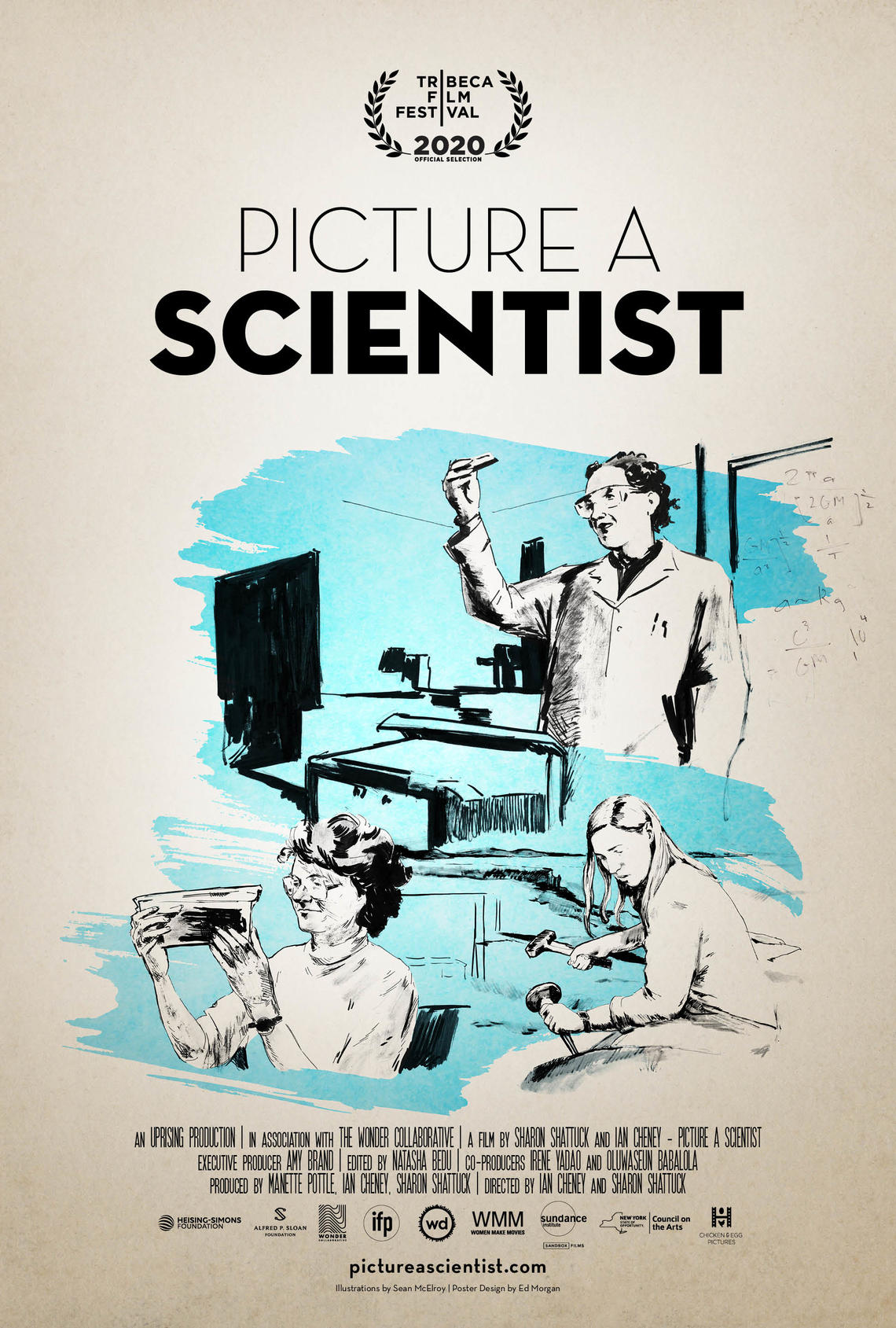Feb. 3, 2021
Virtual screening chronicles researchers who are writing a new chapter for women scientists

The Faculty of Science celebrates the UN International Day of Women and Girls in Science on Feb. 11 by hosting a virtual screening of documentary film Picture a Scientist and a panel discussion on how to make science more inclusive and equitable.
Though the demographics are changing, women continue to be underrepresented in all areas of science, technology, engineering and mathematics (STEM). According to recent data from the UNESCO Institute for Statistics, women make up less than 30 per cent of the world’s researchers. Statistics Canada reports the gender wage gap in Alberta is 17.6 per cent, and for all STEM-educated workers in Canada, immigrants earned 26 per cent less than their native-born counterparts.
Picture a Scientist follows the experiences of biologist Nancy Hopkins, chemist Raychelle Burks, and geologist Jane Willenbring, who overcame harassment, institutional discrimination, and years of subtle slights to revolutionize the culture of science.
The panel will be moderated by Dr. Steven Vamosi, PhD, associate dean, diversity, equity and inclusion in the Faculty of Science and will discuss the film, the role of women in STEM, as well as the consequences that sexism, racism and exclusion have for the sciences. Dr. Jane Willenbring, PhD, who is featured in the film, will be a special guest panellist. Her fellow panellists will be Dr. Jennifer Adams, PhD, Dr. Rachel Lauer, PhD, and Dr. Mark Bauer, PhD, from the Faculty of Science, and Sweta Rajan, co-founder of the Immigrant and International Women in Science Network.

Jane Willenbring.
Courtesy Ro*Co Films
The Faculty of Science is supporting this event through its InspiR3E program in recognition of the importance of changing the culture of STEM fields toward its goals of promoting equity, diversity, and inclusion. The faculty values the documentary’s contribution to disrupting the traditional image of what a scientist looks like.
“Diversity in science makes science better. It drives innovation, it challenges status quo thinking, and it can change the very nature of the questions we think to ask,” says Dr. Cynthia McClain, PhD, adjunct assistant professor in the Department of Geoscience. “For too long, women and other minorities in science have been left out or driven out by a system of harassment, discrimination, and general bias.
“The film challenges audiences of all backgrounds and genders to question their own implicit biases and move forward with change strategies. The film also provides excellent examples of using data to prove gender inequity and influence people in power to bring about change.”

Movie poster for Picture a Scientist.
Ro*Co Films
The Faculty of Science is pleased to partner with the Immigrant and International Women in Science Network and Government of Alberta Women in Leadership to bring this event to the community. Virtual screening support is provided by the Heising-Simons Foundation.
Registration for the screening and panel discussion is required.




